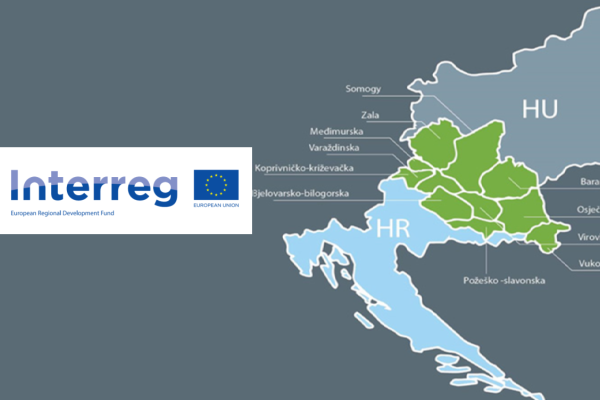Introduction of the INTERREG Cross-border Cooperation Programme
The Interreg V-A Hungary-Croatia Co-operation Programme 2014-2020 belongs to the network of European Territorial Cooperation (ETC) programmes, again labelled as the Interreg in the new financial perspective, which constitute an important part and the objective of the European Union Cohesion Policy. ETC programmes contribute to the overall economic, social and territorial cohesion of the European Union by tackling issues which cross the borders between countries and regions. The aims of ETC programmes are – among others – the creation of common identity, integrated physical space, balanced development and improved policies and governance.
Due to its limited scope and specific cross-border nature, the programme’s guiding principle is to support selected co-operative strategic actions and pilot projects in priority fields, rather than large-scale interventions. The focus is set on enhancing economic cooperation, addressing the problems of poor accessibility or business environment; enhancing and preserving the environmental and natural assets or preventing the risk of loss related to them; fostering the lack of networks among local and regional administrations and improvement of communication between educational and training institutions and key actors of local economy.
The potential applicants can be local governments, their associations and their NGOs, development agencies, local NGOs, local authorities on the field of water management, environmental and nature protection, cultural institutions, turistical organizations, universities, schools, educational institutions, organizations on the field of jobmarket and economic development.

